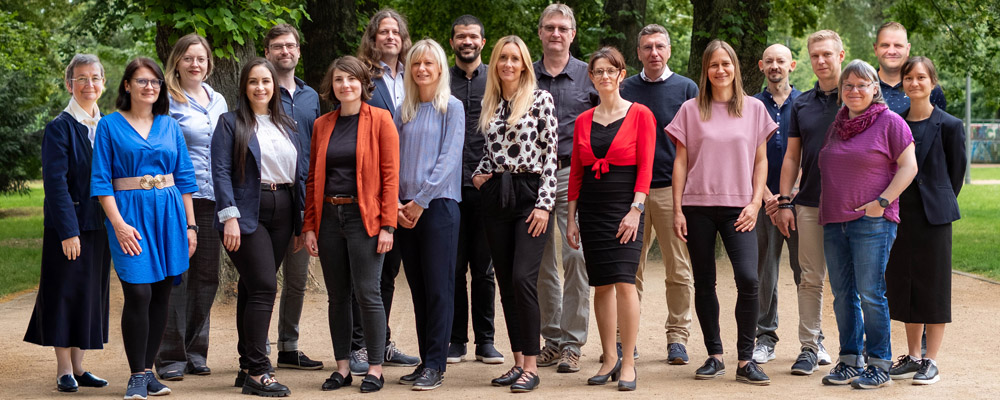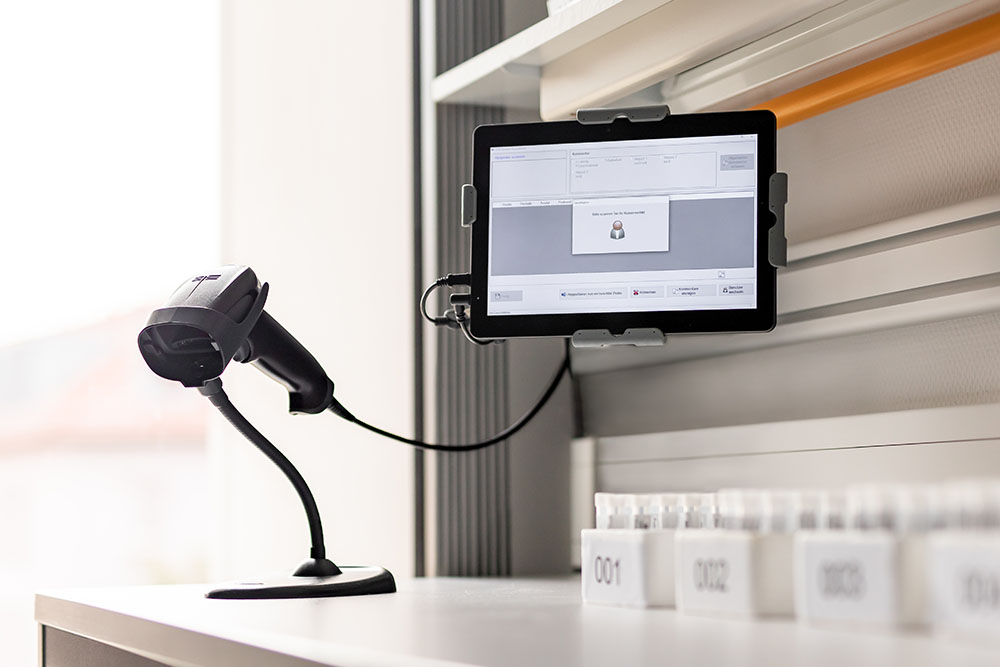SocraMetrics
Ihr Service Provider für professionelles Datenmanagement, Biostatistik, Pharmakokinetik und Pharmakovigilanz
Unser erfahrenes Team erarbeitet für Sie die Datenmanagementlösung, die auf Ihre klinische Studie / Ihr Datenmanagement Projekt optimal zugeschnitten ist - ob App-unterstützte electronic data capture Systeme wie eCRF oder ediary oder auch papierbasiert - wir haben die maßgeschneiderte Lösung für Sie.
Ihre klinische Studie ist bei uns in guten Händen!
- Wir arbeiten nach international-akzeptierten IT-Standards - GAMP-5 und CFR 21 Part 11 sind für uns gelebte Praxis, validierte IT-Systeme und Programmierungen sind selbstverständliche Praxis - unabhängig davon, ob Sie eine Zulassung in der Europäischen Union, in den USA oder in anderen Regionen der Welt planen
- Unsere erfahrenen StatistikerInnen entwickeln das Lösungskonzept für Ihre klinische Prüfung
- SAS-basierte, validierte Programmierungen führen zu verlässlichen Ergebnissen
- Unsere hoch-qualifizierten PharmakokinetikerInnen entwickeln Ihre Auswertungsstrategie in der Early-Phase und begleiten Ihre pharmakodynamisch ausgerichteten Fragestellungen in der Phase-II
- CDISC-basierte Datenstrukturen resultieren in einreichungsfähigen Datasets, bis hin zu SDTM und ADaM submission packages für Ihre FDA Einreichungen
- Für nationale und internationale Studien bieten wir das komplette Spektrum an Pharmakovigilanz-Dienstleistungen.

Wir sind immer für Sie da, unser Team freut sich darauf, Sie jederzeit bei Ihren Fragen zu unterstützen.
Und das seit 1998!
- Seit 1998 sind wir erfolgreicher Anbieter von Datenmanagement, Biometrie und Pharmakokinetik - zunächst als eine Abteilung von SocraTec R&D, seit 2007, dem Gründungsjahr von SocraMetrics, als eigenständiges Unternehmen.
- Unser neu hinzu gekommenes Pharmakovigilanz-Team bringt langjährige Erfahrung mit sich.
- Unser Partner CRO SocraTec R&D ist für Sie da, wenn Sie eine Full-Service Lösung suchen - wir arbeiten Hand-in-Hand
Und das eint uns
- Teamgeist, Begeisterung für die Sache und lösungsorientiertes Denken gepaart mit Kreativität und Pragmatismus - das prägt uns genauso wie unseren Partner SocraTec R&D
- Zusammen mit unseren Kunden engagieren wir uns mit Enthusiasmus und Professionalität für die optimale Lösung
- Hohe Zuverlässigkeit und vollständig QMS-gestützten Prozesse sind Grundprinzipien, von denen alle MitarbeiterInnen überzeugt sind.
Nicht nur klinische Studien - wir sind breit aufgestellt
- Pharmakovigilanz für Antragsteller auf Arzneimittelzulassungen und Arzneimittelzulassungsinhaber
- Vigilanz für Medizinprodukte
- Nicht-interventionelle Studien - beauflagt (PASS, DUSS) oder aus anderen Gründen
- Kundenumfragen
- Data Mining






